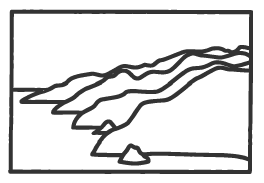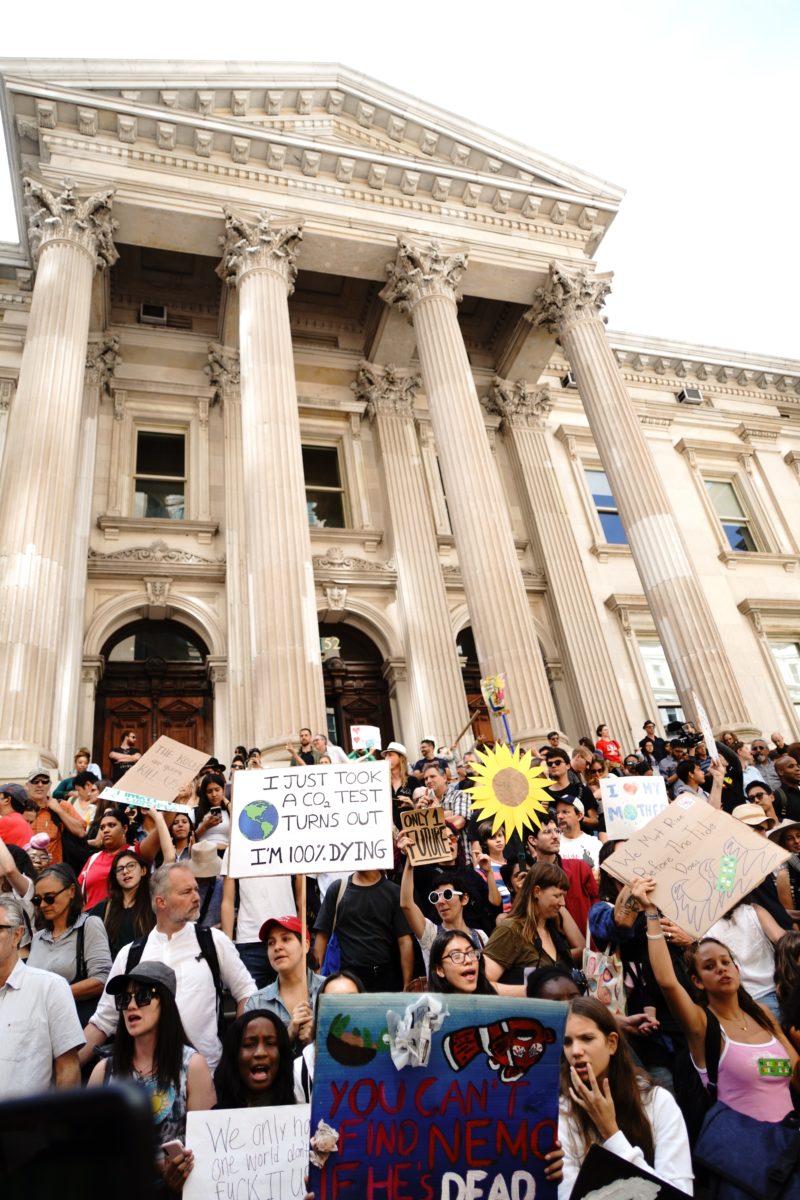Our Work on Oregon’s Industrial Forests
In Oregon and across the US, working people and communities are suffering from multiple crises. In order to address social and economic crises, congressional leaders should have advanced the Green New Deal (HR-109).
The Green New Deal (GND) called for a nationwide just transition to invest in decarbonizing the energy basis of US society while transforming land management to sequester and store more carbon.
We are calling for GND policies to vastly increase forest carbon on the 4.4 million acres of corporate owned industrial forests in Western Oregon while providing social benefits to workers and rural communities.
To accomplish the GND’s goals, we propose two initiatives:
• Land reform through the buyout of private industrial forest owners and
• the transfer of purchased lands to locally owned and operated social benefit enterprises.
Climate and Oregon's Industrial Forests
Listen to Chuck Willer discuss Oregon's forests and a Green New Deal.
Join the grassroots movement to demand Oregon's industrial forests are included in a GND just transition.


The Problem: Financially Driven Industrial Forestry
Pacific Northwest (PNW) forests are globally outstanding carbon sinks. However, industrial timberlands have large carbon storage deficits. In Oregon, the timber industry is the state’s largest carbon emitter.
Understanding the need for land reform requires an understanding of the modern industrial forest firm and its practice of intensive, financially efficient forestry.
Corporate timber firms maximize financial return by:
• Lowering regulatory and taxation costs through political influence
• Adopting exploitative labor practices
• Using short rotation financial cut cycles
• Buying out small landowners, depopulating rural areas
Learn more by visiting our Financial Forestry Research page.
The domination of Western Oregon’s forests by finance capital has resulted in economic hardship across rural Oregon. This is on top of the extensively documented ecological destruction caused by industrial forestry.
Paying industrial forest owners to cut less and grow larger forests is possible. But such proposals leave rural communities and forest workers behind. Our solution ensures the large timber cash flow currently leaving Oregon’s forests–90% of which goes to the wealthiest 10% of people– stays in rural communities.
The Solution: Land Reform & Social Benefit Enterprise
To accomplish a carbon transition and increase rural prosperity we drew inspiration from the 1930s New Deal, when the federal government invested in social benefit enterprises to deliver electricity and telephone services to rural communities.
GND policies would finance land acquisition through Carbon Sequestration Grants guaranteed through working forest conservation easements. The legal structure of these new entities will be through state chartered nonprofit corporations grounded in local, democratic control. Local governments and tribes will qualify for Carbon Sequestration Grants to acquire drinking watersheds and to expand tribal forestlands. Support through environmental justice programs will ensure disenfranchised communities, such as immigrant reforestation workers, will have access to Carbon Sequestration Grants.
In Oregon, co-ops and people’s utility districts are proven and dependable business models, often more familiar to rural people than city dwellers.
Beyond Oregon’s Industrial Forests
Combining land reform and social benefit enterprise redirects profits away from investors and shareholders and into local communities while storing carbon on industrial forests. While the current focus of this proposal is Oregon’s corporate industrial forests, a complimentary analysis could be offered for Oregon’s agricultural lands and for rural communities across the U.S.
A new day is possible for Western Oregon’s rural landscapes through a Green New Deal. We look forward to working with rural voices and community leaders on a land reform and social benefit forest agenda. The climate emergency is before us. An equitable and more livable rural future awaits us. A better world is possible.





![Clatsop_Co [Converted]-01](https://coastrange.org/wp-content/uploads/2020/12/Clatsop_Co-Converted-01.png)